The automotive industry is undergoing rapid transformation, driven by technological advances, evolving consumer demands, and increasing sustainability concerns. As we move into 2025, several key trends are shaping the future of auto parts manufacturing, particularly in the production of critical components such as Car Heater Valves and Automotive Vacuum Solenoid Valves. These trends are pushing the industry towards more efficient, cost-effective, and environmentally friendly practices, while also focusing on enhancing vehicle performance and safety.
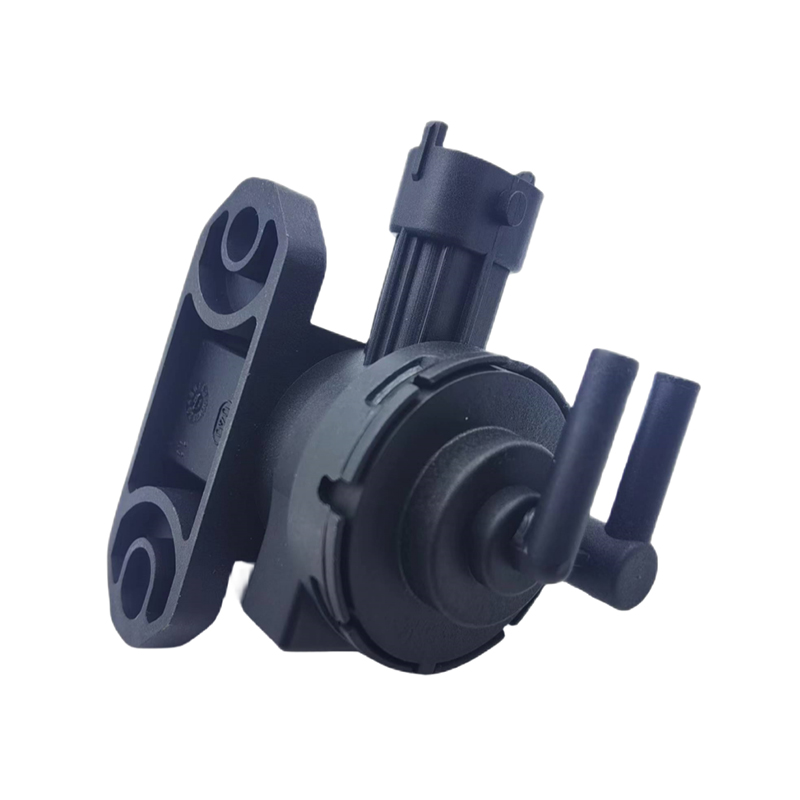
1. Increasing Demand for Efficient Thermal Management Solutions
Car Heater Valves are vital for controlling the temperature inside a vehicle, ensuring both comfort and performance in varying climates. In 2025, there is a growing demand for more advanced Car Heater Valves that provide quicker heating, better energy efficiency, and improved durability.
The shift towards EVs is pushing manufacturers to create Car Heater Valves that use less energy while delivering consistent comfort. These valves are being designed with smarter control systems that adjust temperature based on real-time data, further enhancing vehicle efficiency.
2. Rise of Electronic and Smart Valves
As automotive systems become more advanced, electronic and smart components are becoming a significant part of vehicle manufacturing. Automotive Vacuum Solenoid Valves, which control the vacuum pressure in various vehicle systems, are evolving to incorporate electronic features that enable more precise control. These innovations help improve the efficiency of exhaust systems, air intake systems, and brake systems.
In 2025, we will see an increasing trend toward integrating sensors and controllers into Automotive Vacuum Solenoid Valves, which will enable vehicles to communicate more effectively with other onboard systems. These smart valves will contribute to improved fuel efficiency, reduced emissions, and better overall vehicle performance.
3. Focus on Sustainability and Eco-Friendly Manufacturing
Sustainability is one of the more pressing concerns in modern manufacturing, and the automotive parts industry is no exception. As regulations around environmental impact become stricter, manufacturers are focusing on producing components like Car Heater Valves and Automotive Vacuum Solenoid Valves using eco-friendly materials and processes.
Recyclability and the use of lightweight materials are becoming more important in automotive parts production. For instance, Car Heater Valves are being designed using materials that not only last longer but are also easier to recycle at the end of a vehicle’s life cycle. Similarly, Automotive Vacuum Solenoid Valves are being manufactured with environmentally friendly coatings and low-impact materials to reduce their environmental footprint.
4. Automation and Advanced Manufacturing Techniques
The integration of automation in manufacturing processes is transforming the production of auto parts. In 2025, we can expect to see a significant increase in the use of robotics and AI in the production lines of Car Heater Valves and Automotive Vacuum Solenoid Valves.
Automation also allows for better quality control, ensuring that each Car Heater Valve and Automotive Vacuum Solenoid Valve meets the required standards and performs reliably in a wide range of conditions. The ability to produce high-quality components in shorter time frames will be crucial as the demand for automotive parts continues to rise globally.
5. Integration of IoT for Enhanced Vehicle Diagnostics
The Internet of Things (IoT) is playing an increasingly important role in the automotive industry. In 2025, the use of IoT in auto parts manufacturing will enable real-time diagnostics and maintenance predictions for components like Car Heater Valves and Automotive Vacuum Solenoid Valves.
By integrating IoT sensors into these components, manufacturers and vehicle owners will be able to monitor the performance of these critical parts and predict failures before they occur. This technology will enhance vehicle reliability, reduce downtime, and lower maintenance costs, ultimately improving the overall driving experience.
The future of auto parts manufacturing in 2025 will be characterized by greater efficiency, smarter components, and a strong emphasis on sustainability. Car Heater Valves and Automotive Vacuum Solenoid Valves will continue to evolve, with innovations that cater to the demands of modern vehicles. As the industry embraces new technologies and manufacturing methods, these components will become more integral to ensuring the performance, safety, and environmental responsibility of vehicles on the road.

 English
English русский
русский Español
Español

 View More >>
View More >>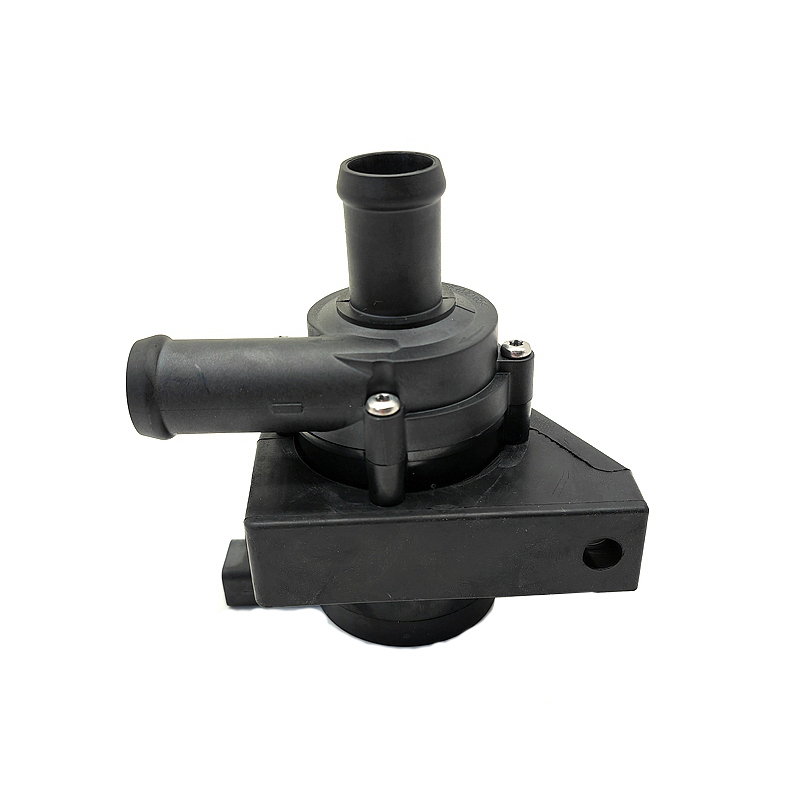 View More >>
View More >>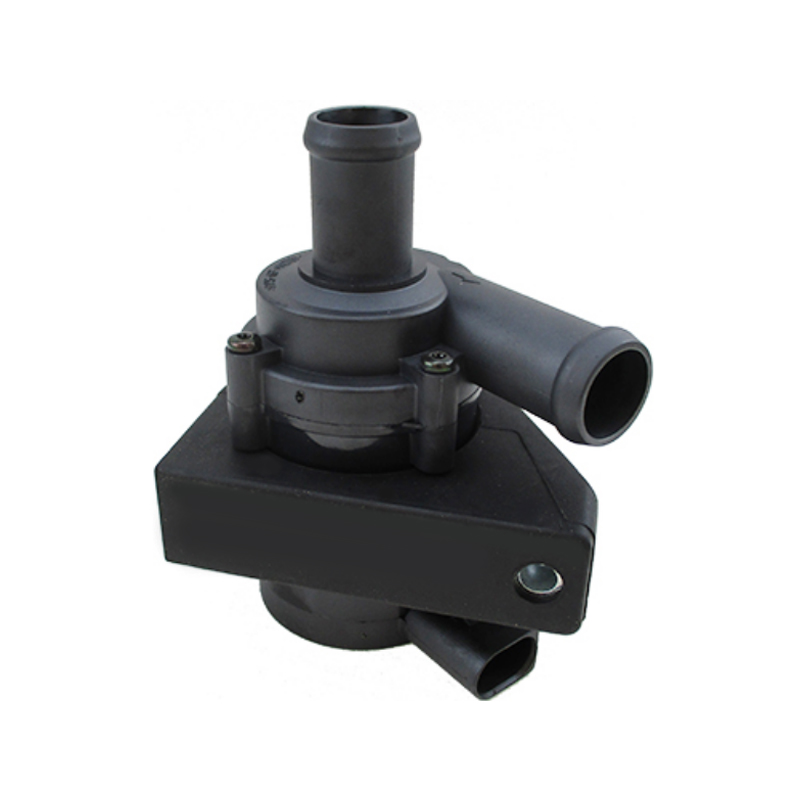 View More >>
View More >>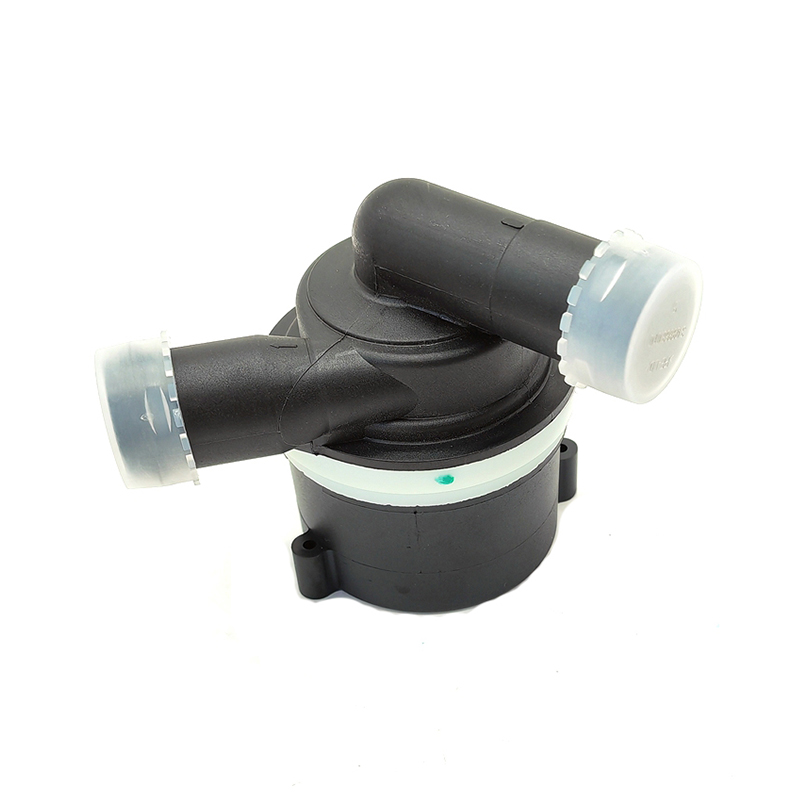 View More >>
View More >>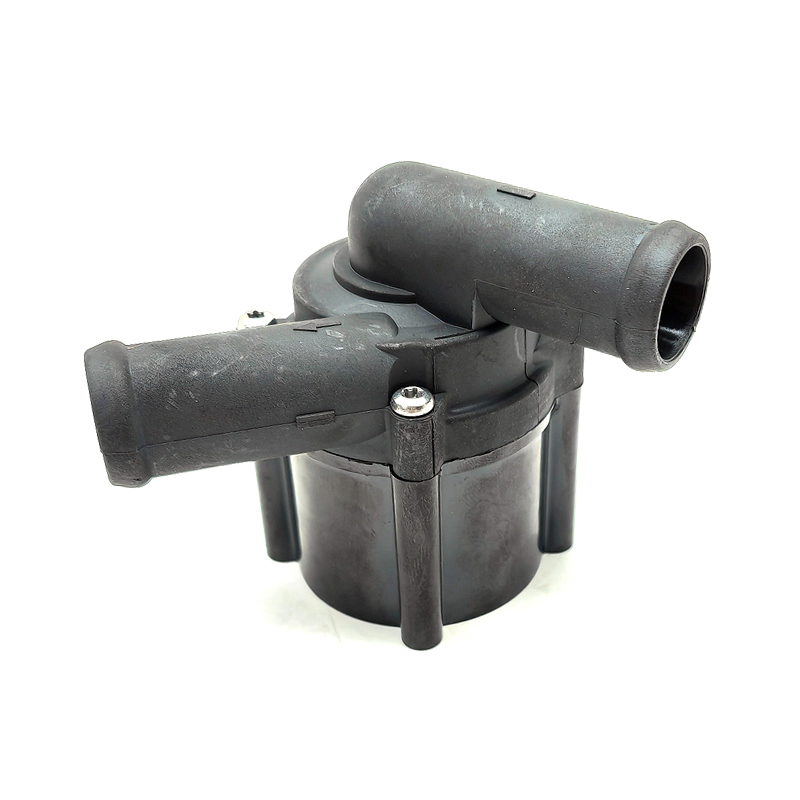 View More >>
View More >>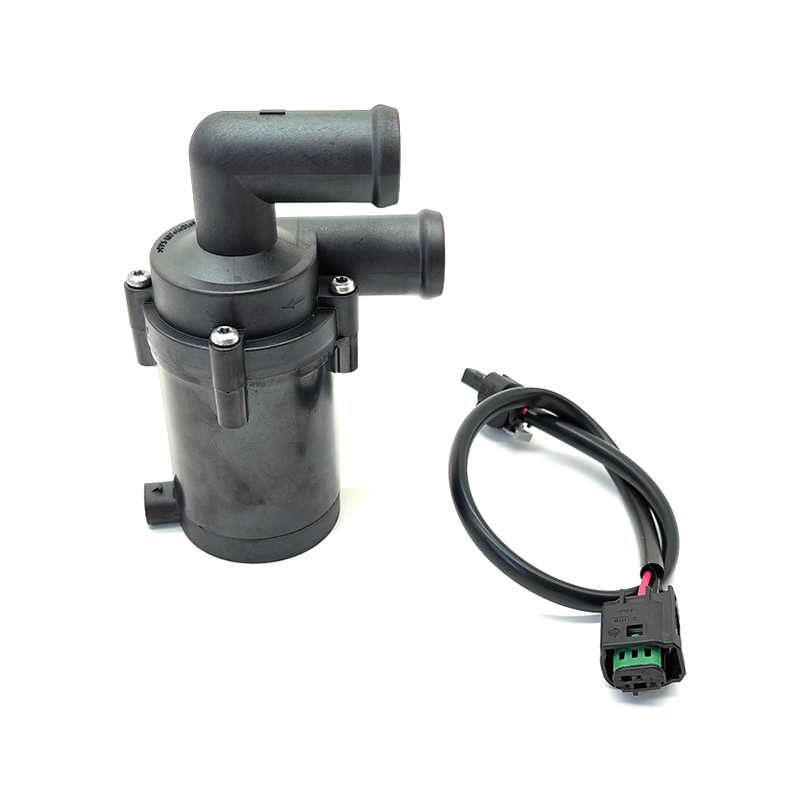 View More >>
View More >>